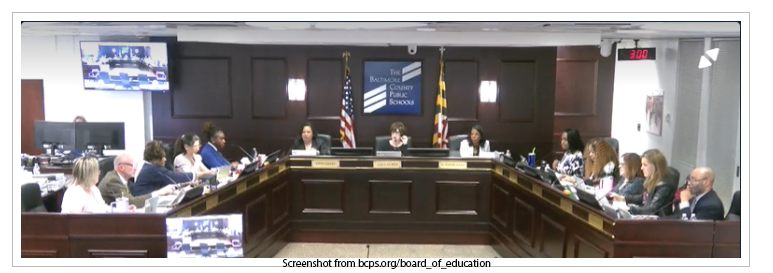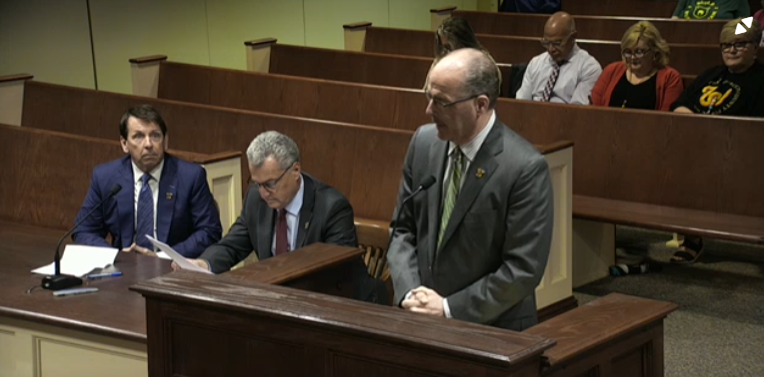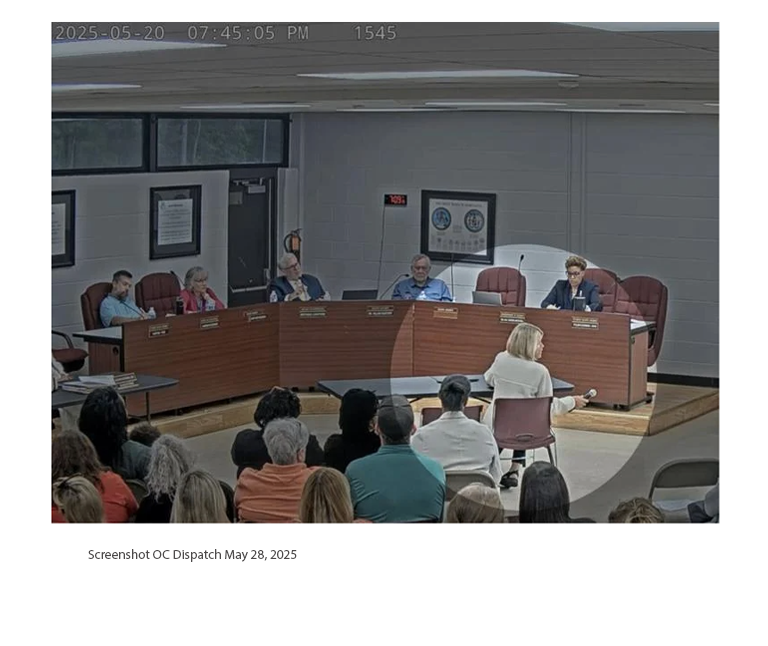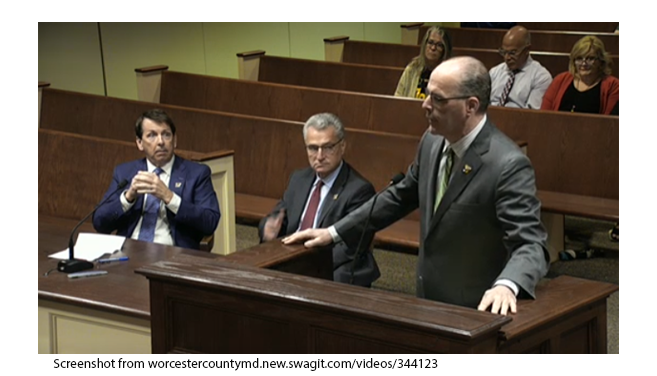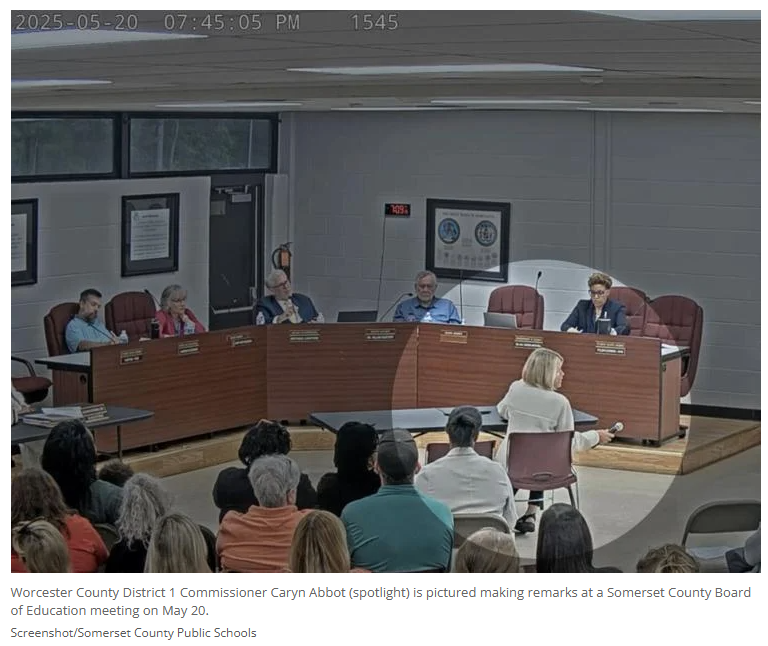
The One Question You Shouldn’t Wait Until an Exit Interview to Ask Teachers (Opinion)
When I was a doctoral student, one of my professors would say, “When you become a leader, you will lose people. It is your job to figure out if they are leaving you or the organization. And, if you do not want to lose your great people because of you, then you need to figure out a way to get their feedback before they start deciding to leave.”
I took away two lessons from his message:
- Feedback will be critical to my leadership and the success of my school.
- Deciding to leave is a process rather than an event—and there are opportunities to intervene before that decision is made.
Those words resonated with me deeply, especially after my first year as a school leader. That year, I expected to lose some people because of the natural turnover that comes with a leadership change. However, some of those people I really did not want to lose.
When I went to each of them to complete my own informal exit surveys, I found they were leaving for promotional opportunities, family changes, or to take on lateral roles at new schools. For those who were leaving and transitioning into lateral roles, I asked, “What could I have started, stopped, or continued doing to better support you here?”
About This Series
In this biweekly column, principals and other authorities on school leadership—including researchers, education professors, district administrators, and assistant principals—offer timely and timeless advice for their peers.
Their feedback was insightful, but it was a little late for me to act on it because their decisions had already been made. In those moments, I wondered why I hadn’t asked that sooner.
That summer, my team and I worked hard to recruit and replace those who left. I shared the feedback of those who did leave with my administrative team. And we got serious about staff retention, feedback, and staff climate.
We started incorporating questions from this start, stop, continue feedback strategy in our weekly newsletters to staff and parents, in individual staff member check-ins, in our weekly staff meetings, and in our leadership-team meetings. We even placed a mailbox in the front office allowing anyone to drop in feedback.
The feedback was essential for our team as it allowed us to uncover things about our school, staff climate, and leadership that we may not have unearthed otherwise. It also helped improve our self-awareness as leaders.
As a team and as individual leaders, it allowed us to know what was working that we should continue doing, what was not working that we should stop doing, and where we needed to start doing things differently.
The feedback was like gold.
Based on my personal experience using this feedback approach, I would recommend it to all school leaders. It is a process that is quick and valuable. It builds trust across the school. And, most importantly, it can be implemented and generalized across multiple constituencies including in grade-level meetings, colleague to colleague, teacher to student, student to student, and in conversations with families and community partners. It can also be used to drive the development of the school improvement plan as well as the mission and vision of the school.
Get The Savvy Principal
Delivered Sunday morning, this newsletter has essential news, information, and career resources specifically for school leaders.
Research on the value of feedback confirms these benefits for organizations, finding that feedback aids in:
Even as a leadership coach, I close out my sessions with school leaders by asking for feedback in this style. Some, who didn’t already have a feedback mechanism in place, have now begun also asking their teams what they can start, stop, and continue doing.
I challenge all leaders to welcome feedback, ask for it, and appropriately respond to it to enable growth in your leadership, the growth of others, and the growth of your schoolwide community.
Dig Deeper With Our Longreads
Newsletter Sign up to get our best longform features, investigations, and thought-provoking essays, in your inbox every Sunday.
The MEN was founded by John Huber in the fall of 2020. It was founded to provide a platform for expert opinion and commentary on current issues that directly or indirectly affect education. All opinions are valued and accepted providing they are expressed in a professional manner. The Maryland Education Network consists of Blogs, Videos, and other interaction among the K-12 community.


